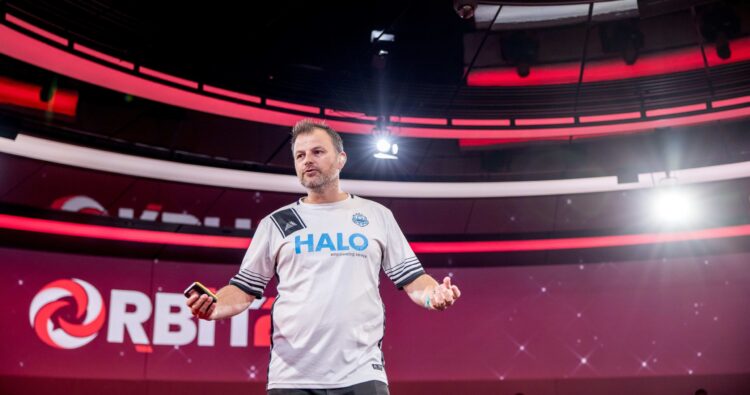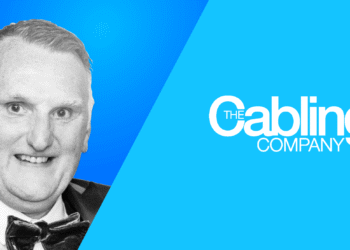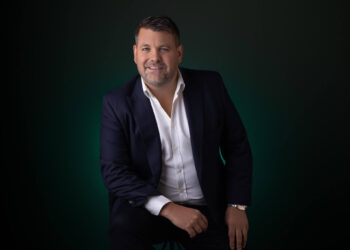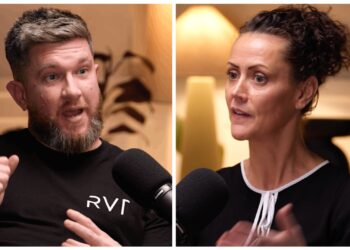The founder and CEO of fast-growing UK software vendor HALO says he wouldn’t swap his team of young, Suffolk-based engineers for “Google’s best”.
In a recent interview, Paul Hamilton told IT Channel Oxygen that HALO is turning to the channel to help fulfil its ambitious growth aspirations.
He believes HALO – which is notable for guaranteeing customers it won’t sell up for at least a decade – could one day rival ServiceNow, Salesforce and Workday in market value.
But the $100m-revenue ITSM, PSA and CRM specialist is the antithesis of the enterprise software vendor goliaths it is gunning to one day overtake.
“I hate any wastage at all,” Hamilton said.
“I never wanted to grow the business where you’re hiring lots of people and then figuring out how to utilise them – it’s always been the other way around. In 2011, when I was flying all over the place I couldn’t do it all on my own and so I said ‘alright, I need some help’.”
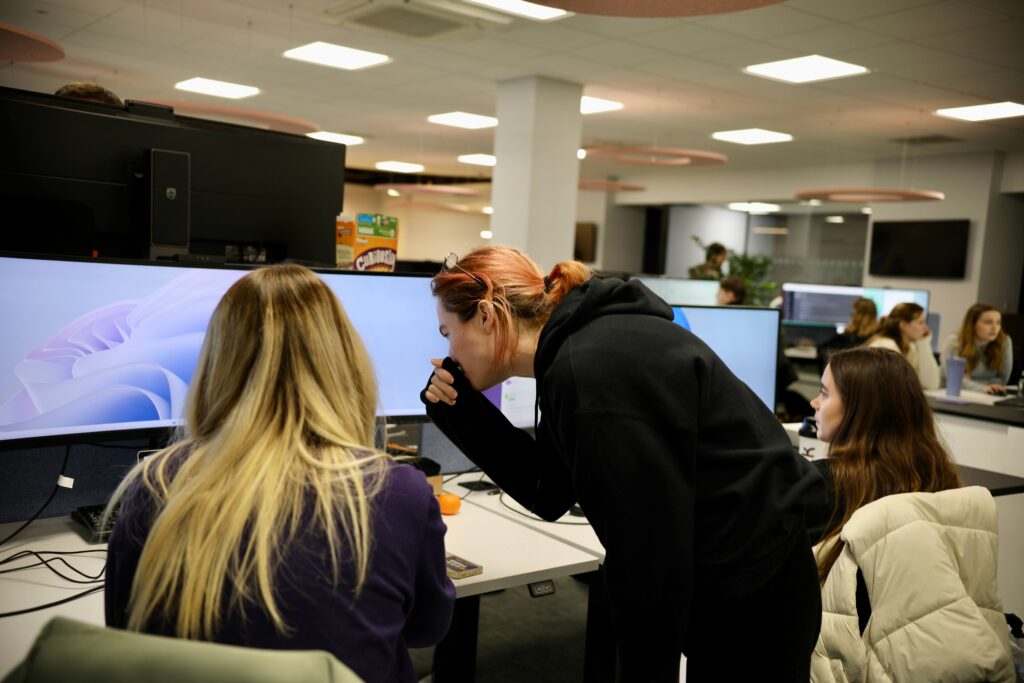
Made up of 95% young graduates, HALO’s 200+ employee team in Stowmarket is “lean, incredibly productive and extremely efficient”, Hamilton claimed.
“The analogy I use is that some builders spend 90% of their time driving around the area quoting people a lot of money. They won’t win many jobs, but they don’t care because they’ll get one or two and make a lot of money from them. It’s a very, very inefficient way of operating,” Hamilton said.
“That’s what these massive enterprise software companies are like now – 90% of the people aren’t really contributing to the thing people are buying.
“Even the most recent additions to our team are doing one new logo every two weeks.
“It’s incredibly productive.
“That’s the commercial team, but then you’ve got the implementation team where there’s not a single person who isn’t working and contributing to a client going live. Even the graduates who have only been here a few months are working towards 100 ticket resolutions a week.
“It’s an extremely productive, efficient operation. What that ends up with is a cost base that’s less than 1% of the competition.”
“They’re doing stuff no one else in the world is doing right now”
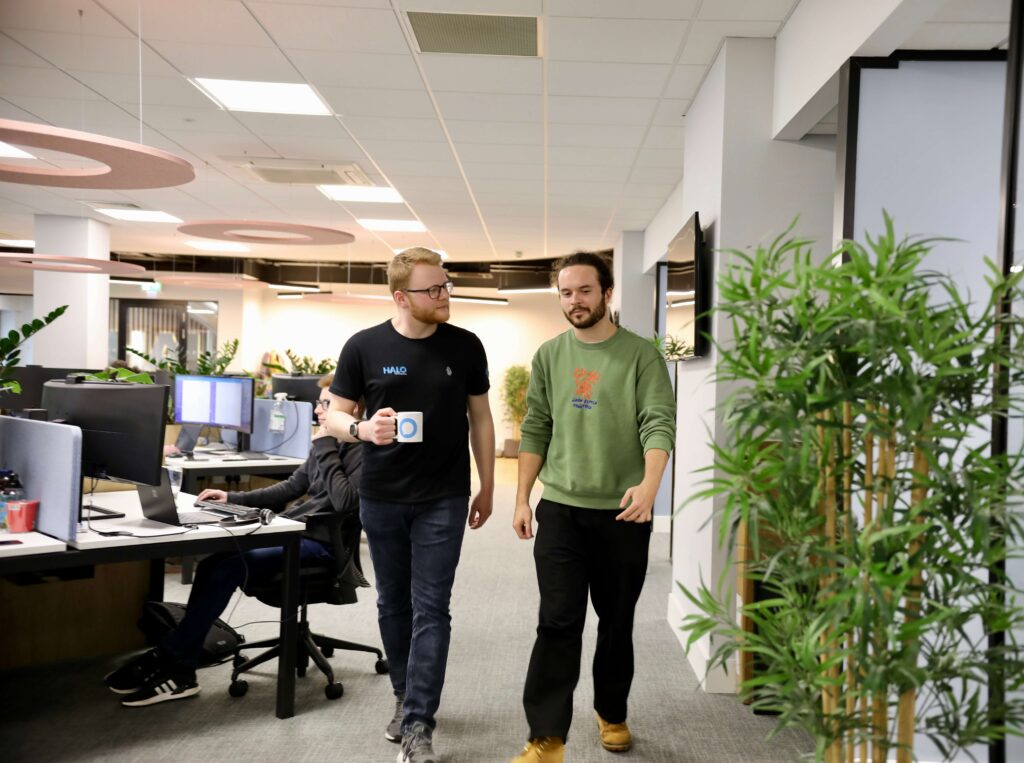
HALO’s core engineering team comprises fewer than 20 engineers, Hamilton stressed.
“Ten of them had not done any coding before starting at HALO, and were completely inexperienced graduates,” he said.
“Most of them did maths degrees at the University of East Anglia, or were from the local area. They’ve all learned to code in exactly the same way.
“We hired them for their personal and soft skills, not for their coding skills. What you end up with is a development team that’s extremely balanced and able to appreciate customers.
“If I was offered to swap our engineers for Google’s best engineers, I just wouldn’t because our team has all this extra stuff the industry doesn’t value.
“People think you have to be trained at Harvard and need experience from the Bay Area. Honestly, you don’t. We can train someone to be a full-stack engineer within about six months.
“If you look at our release notes you’ll see there are literally hundreds of enhancements every month from just a small team of people. It’s unbelievably efficient.
“The gratification and fulfilment the team has is huge, because they’re doing stuff no one else in the world is doing right now.”
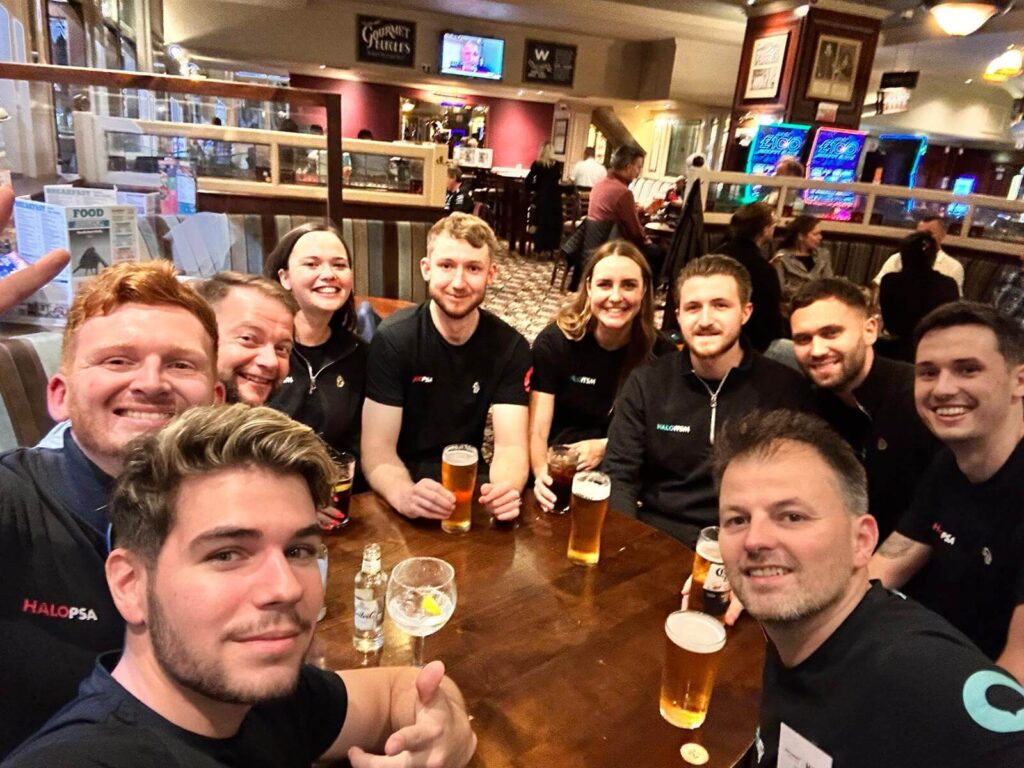
In a previous interview, Hamilton opened up on the fact that he has “never been interested in the money”.
“I don’t want £100m yachts, or anything like that. I like the challenge of just seeing how far we can go with this, and of working with people and growing a team,” Hamilton said.
HALO is “as much their business as mine”, he added of its staff, estimating that around 15 of its young graduate workforce will become millionaires “within the next few years” assuming the company meets its targets.
“These people are being very highly rewarded based on the outcomes of the business,” Hamilton said.
“This is very much a meritocracy. If someone creates value and helps us on our journey, we’ll share that value with them, whether that’s a member of staff, a partner organisation or even – in many senses – our customers.”
This article was produced in association with HALO and is classified as partner content. What is partner content? See more here.


